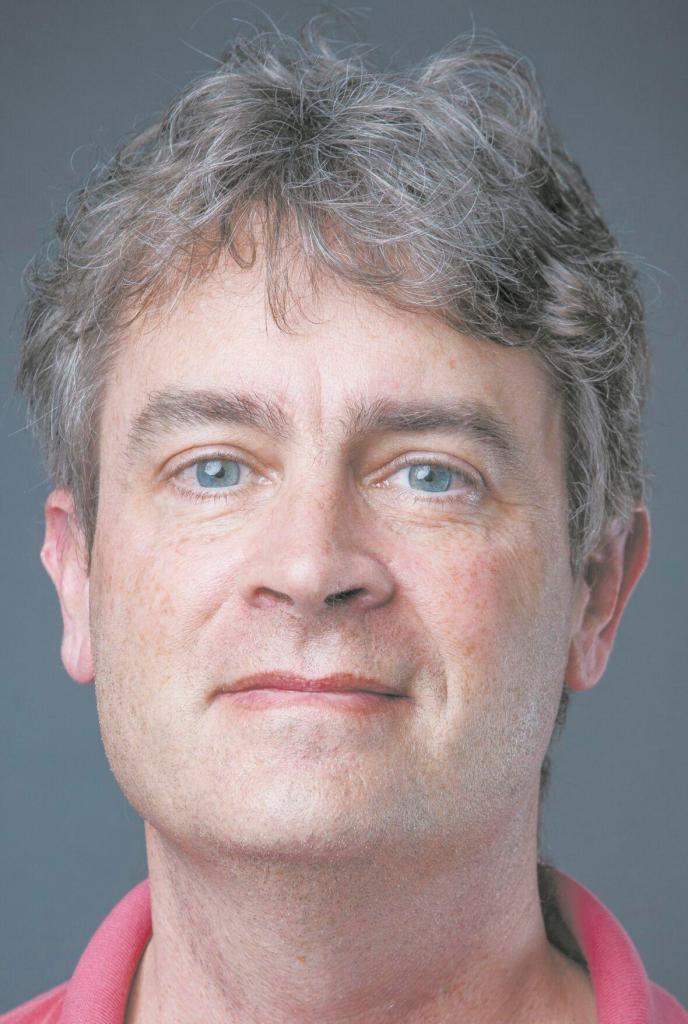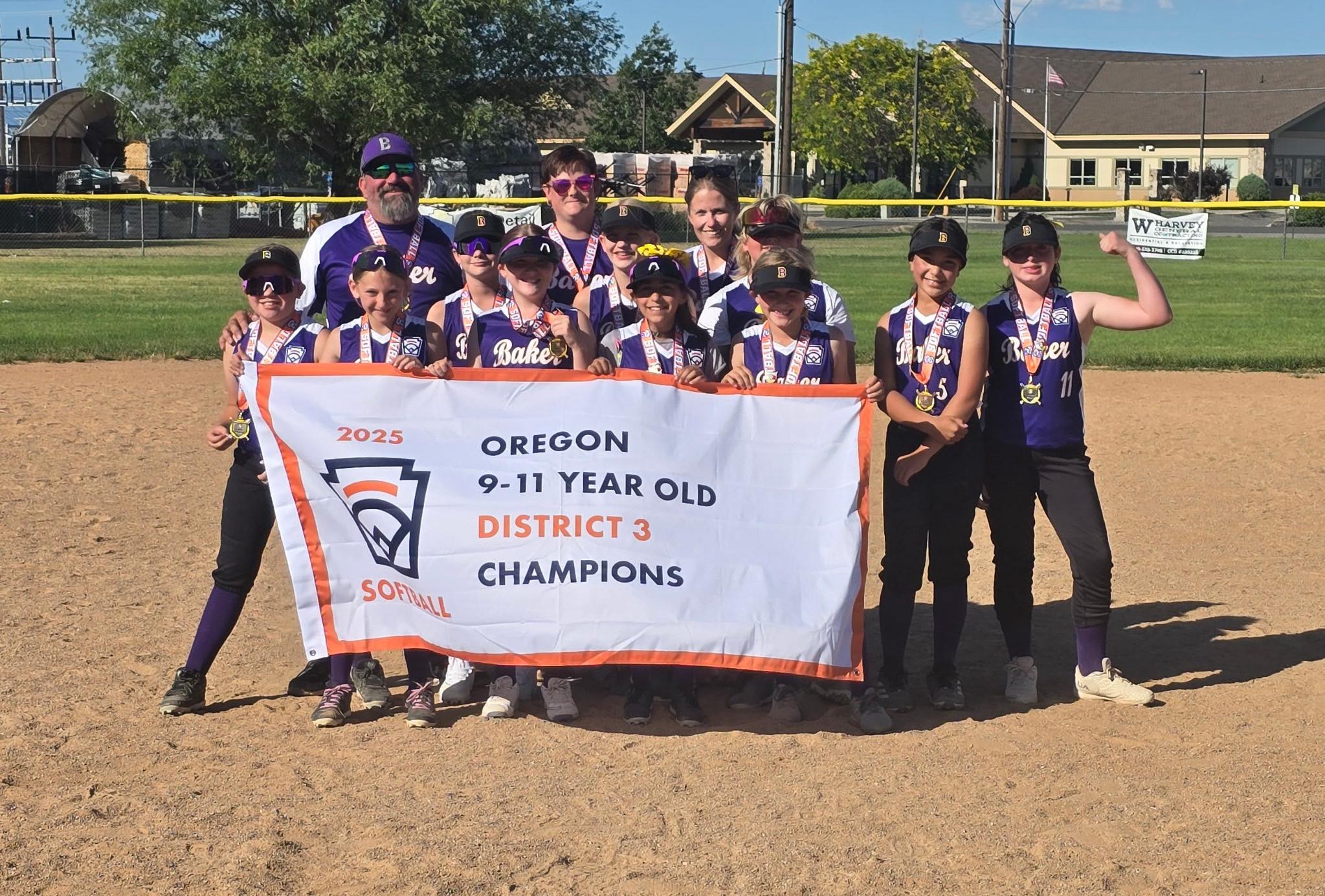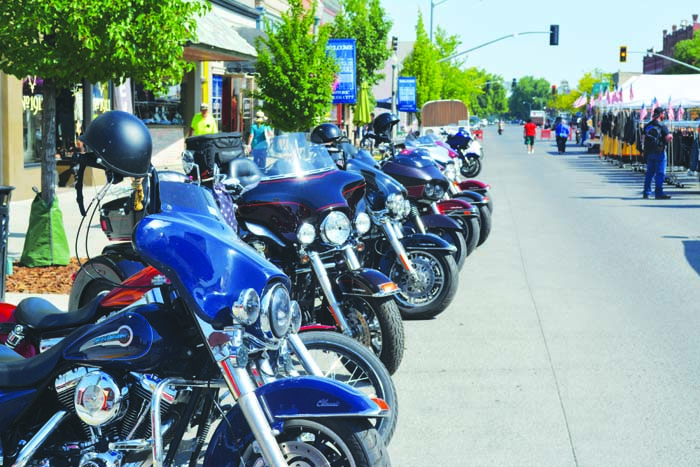COLUMN: Searching for answers after another tragedy
Published 12:00 pm Friday, February 17, 2023

- Jacoby
No one who possesses a shred of humanity can watch the video of five Memphis police officers beating Tyre Nichols to death and not feel anger or sadness or nausea.
Or, perhaps, all three, melding into a terrible miasma.
There is also a depressing familiarity, in the wake of George Floyd, to Nichols’ tragic and utterly unnecessary death.
The police officers are fired.
They are charged with felonies.
And a nationwide conversation about police brutality, and particularly on Black men and women, who are the victims in a large majority of these incidents, continues with a fresh, raw example of the ongoing problem.
This is a vital topic in America — quite literally, a matter of life and death.
Yet it seems to me that as our society grapples with this dilemma, we ought to be scrupulous in putting the issue into perspective, to the extent that is possible.
I don’t believe anyone benefits from hyperbole.
Black Americans shouldn’t have their individual risk exaggerated, shouldn’t be made to live with a level of fear that the reality does not justify.
And police officers don’t deserve to be branded as callous potential killers under a noxious form of collective guilt.
To acknowledge that attacks such as the one on Tyre Nichols are rare need not — and in my view does not — in any way diminish how appalling each separate crime is, or how crucial it is that we strive to stop future ones.
To acknowledge the data is merely to recognize reality.
There are about 700,000 police officers in this country, and a tiny percentage of those will ever do anything like what the Memphis officers did.
The obvious challenge is to figure out who those officers are — and ideally to do so before we hand them pistols and pepper spray and badges and send them into our cities with the ostensible goal of protecting us.
President Joe Biden’s statement following Nichols’ death illustrates the complexity of this task.
Although the president rightly noted that “the vast majority” of police officers “wear the badge honorably,” he also said that “to deliver real change, we must have accountability when law enforcement officers violate their oaths.”
I understand the president’s point, but I don’t think he gets to the heart of the matter.
Because we already have “accountability” for murderous police officers.
The Memphis officers, as mentioned, were swiftly fired and charged with crimes.
This is accountability, to be sure.
But it was too late to save Nichols’ life, making the punishments for the officers, though obviously deserved, a Pyrrhic victory.
Derek Chauvin has been held accountable for killing George Floyd, too, but that didn’t help Nichols either. Or, obviously, Floyd.
The problem persists despite the welcome trend of dealing rapidly and appropriately with police officers — a level of accountability conspicuously absent in, to name the most obvious example, the Rodney King case.
But what is the source of that problem?
I have no answer, but I am suspicious of those who act as though the solution is obvious and simple.
The basic idea, as I understand the argument, is that the blame lies not with the individuals who swing the batons and deliver the kicks, or at least not solely with them, but with police “culture.”
I don’t find this a persuasive claim.
If there were truly a culture among law enforcement that treated as acceptable beating a Black man to death for no reason, then the only reasonable expectation is that cases such as Nichols’ death would be far more common.
It could hardly be otherwise, if such a malignant “culture” existed among a group of 700,000 officers.
Yet as President Biden acknowledged, and as the data show, very few police officers will ever participate in the murder of an innocent person.
It may well be that the pernicious “culture” in law enforcement isn’t one that endorses outright murder, but rather one that devalues Blacks and other minorities.
This is a problem, too.
But it seems to me that this sort of culture, though it no doubt contributes to obnoxious practices such as racial profiling in routine traffic stops, is not the root cause for a relatively small handful of malcontents murdering people.
Which is to say, identifying flaws in law enforcement “culture” doesn’t get us any closer to identifying the minuscule number of officers who are capable of committing atrocities, a personal flaw that exists independently of any “culture” which might exist within their profession.
I don’t mean to imply that the ongoing campaign to reform policing is misguided or unnecessary. Purging departments of racial animus is a laudable goal.
But I don’t think it’s realistic to believe, or responsible to try to convince others, that anti-profiling policies, or racial sensitivity training, will save the next Tyre Nichols.
Nor am I convinced that reforms such as more stringent limits on the use of force, which would ostensibly seem to deal directly with incidents such as Memphis and Minneapolis, would prevent another tragedy.
The reason is that the brutality we watched in that video is extraordinary — outside the bounds of any policy.
Whatever personality predilection made that possible can’t be stopped by words in a police department handbook.
I don’t know what changes to the hiring process would alert agencies to such potential. Police officers with the capacity to commit murder in the course of their jobs aren’t likely to jot that down on an application. And even a thorough background check and psychological profile might not ferret out such flaws.
But of course we must try.
And certainly we must be more vigilant in ridding departments of officers who, as apparently was the case with some of the Memphis officers who beat Nichols, showed a tendency to use excessive force.
Our tolerance for that behavior should be exactly zero.







